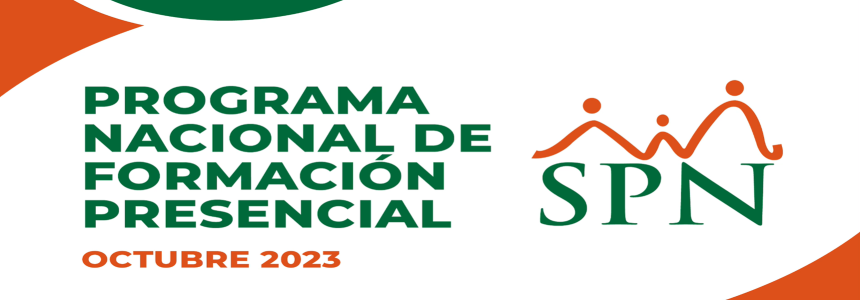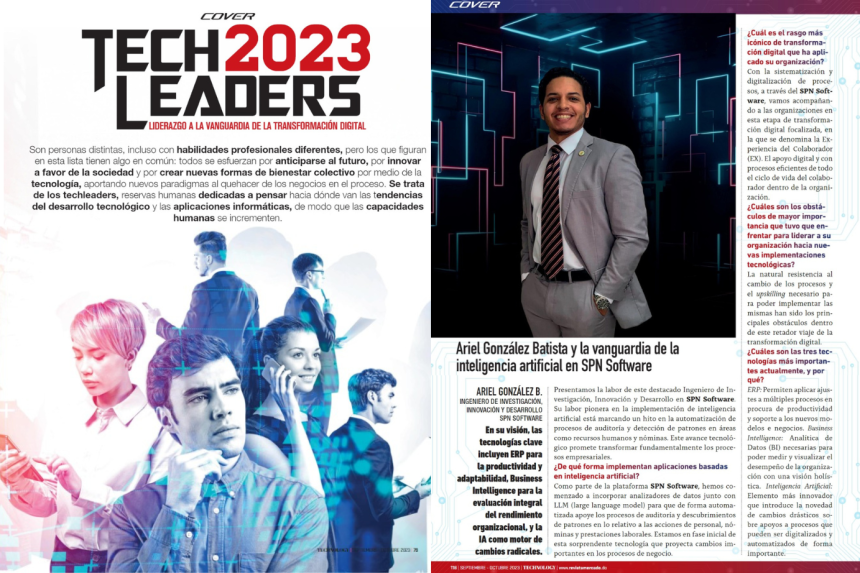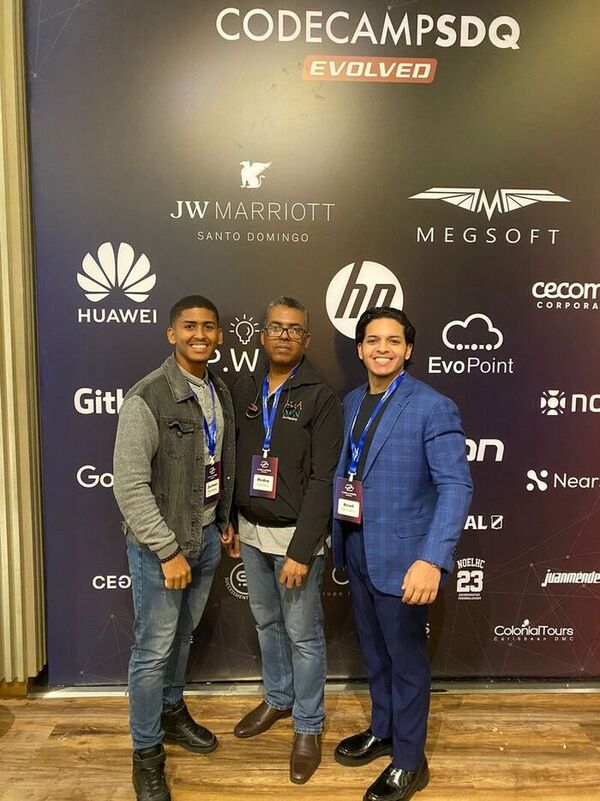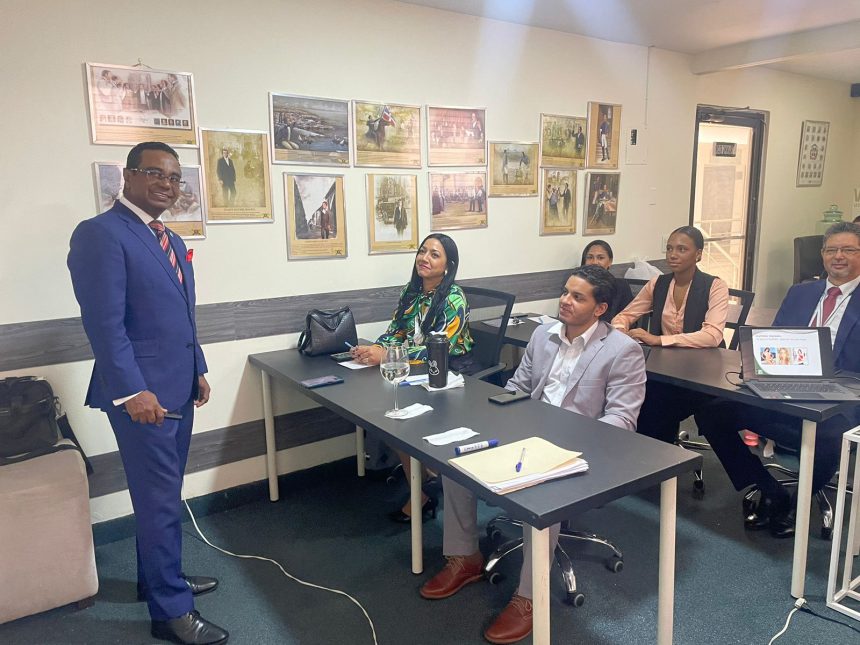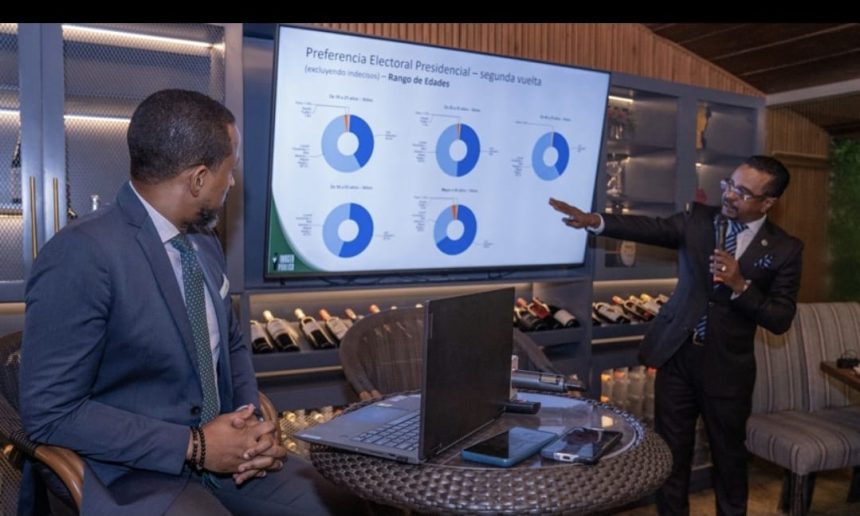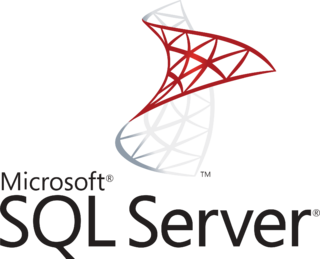SPN Software, within its Corporate Social Responsibility program, offers as a donation the implementation of the system to the San Francisco de Asís Nursing Home in the city of Santo Domingo so that they can maintain improvements in their human talent management processes. to its more than 150 collaborators.

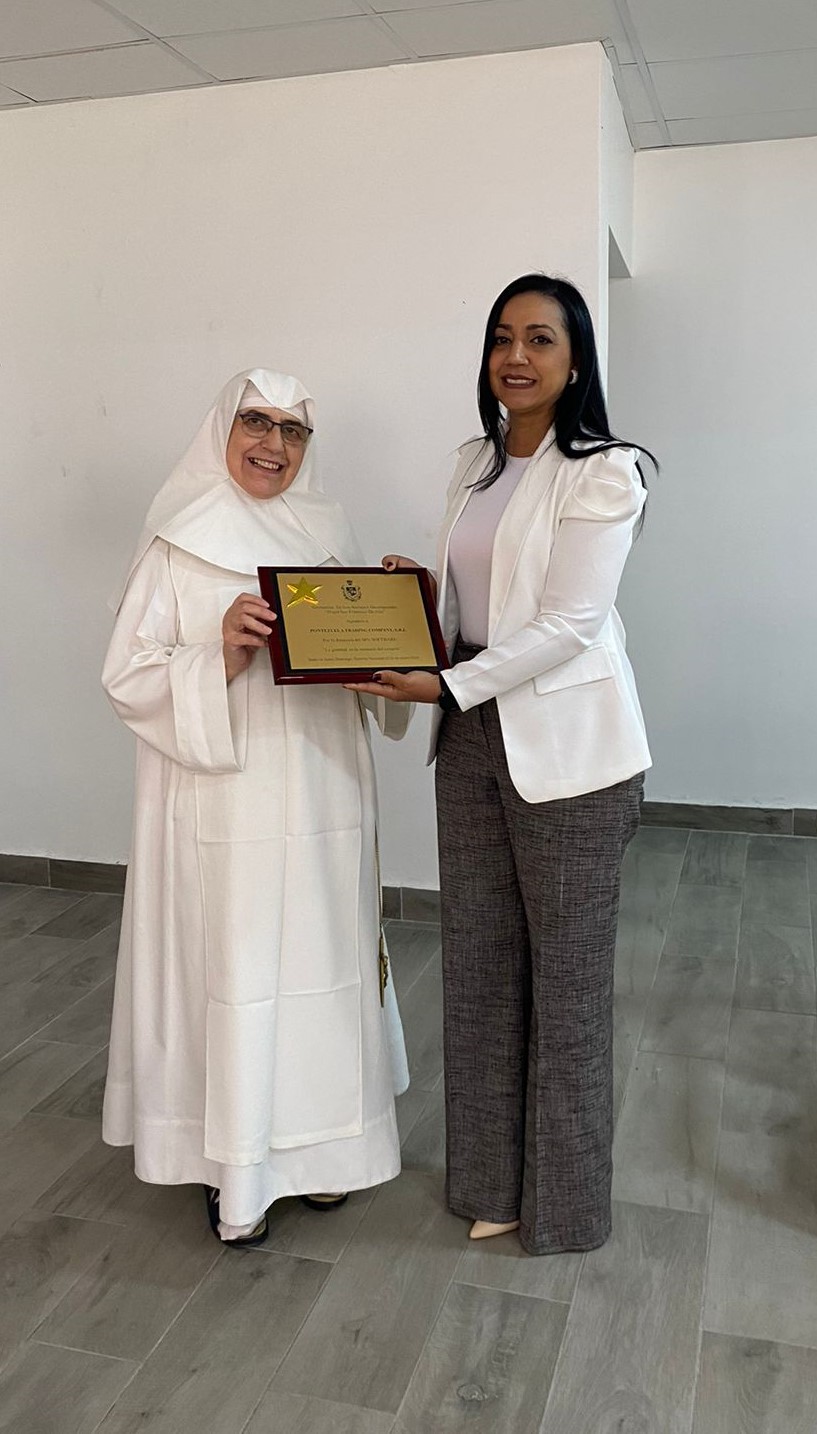
Mercado Magazine. Tech Leaders.
We share the information about the inclusion of Engineer Ariel González Batista, Research, Innovation and Development Engineer at SPN Software in the prestigious Tech Leaders 2023 ranking of Mercado Magazine.
This edition recognizes leaders who stand out for their abilities to anticipate the future, innovate in favor of society and create new forms of collective well-being through information technology.
We thank Mercado Magazine and reiterate our commitment to continue innovating in our organizational work.
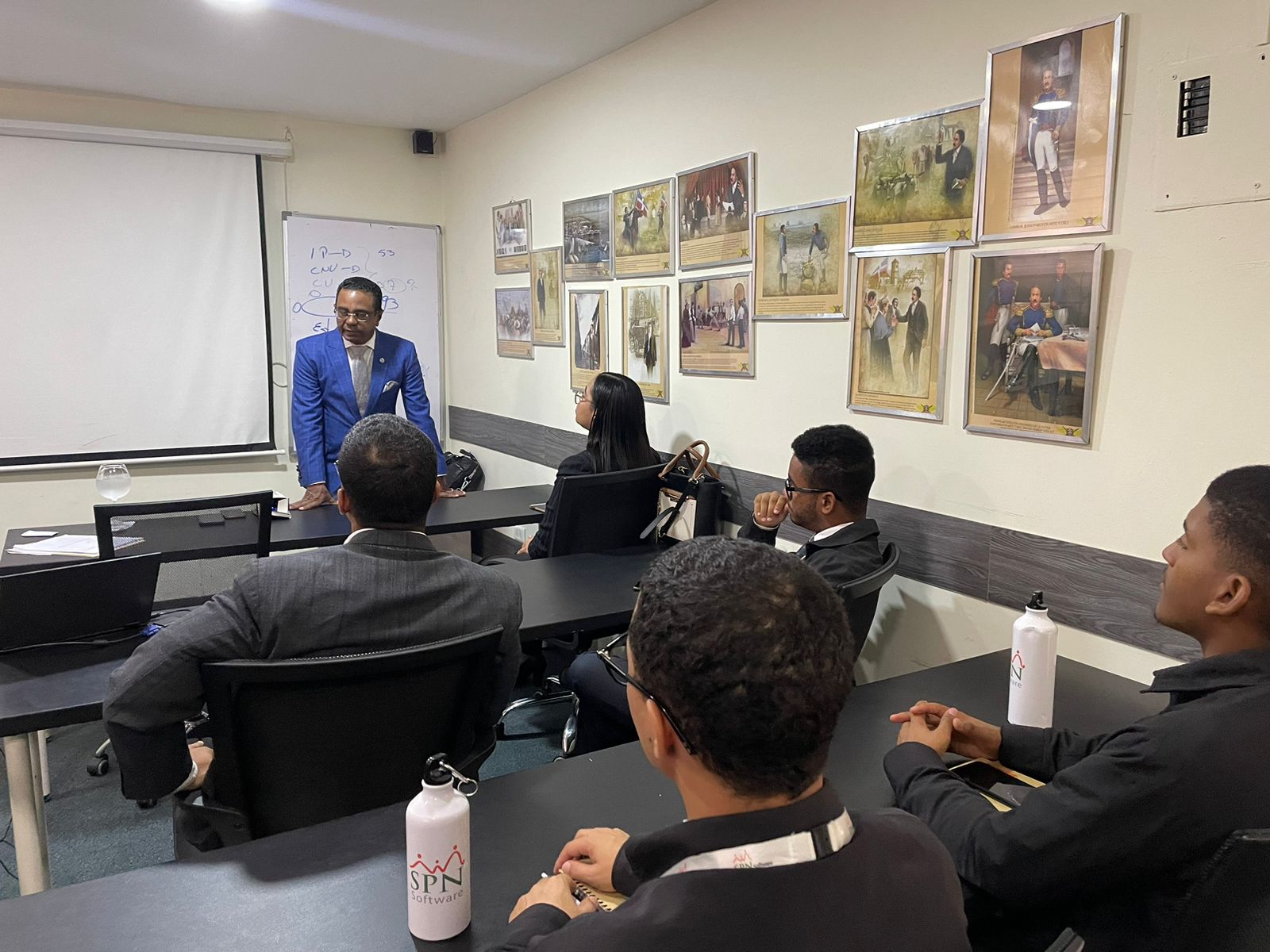
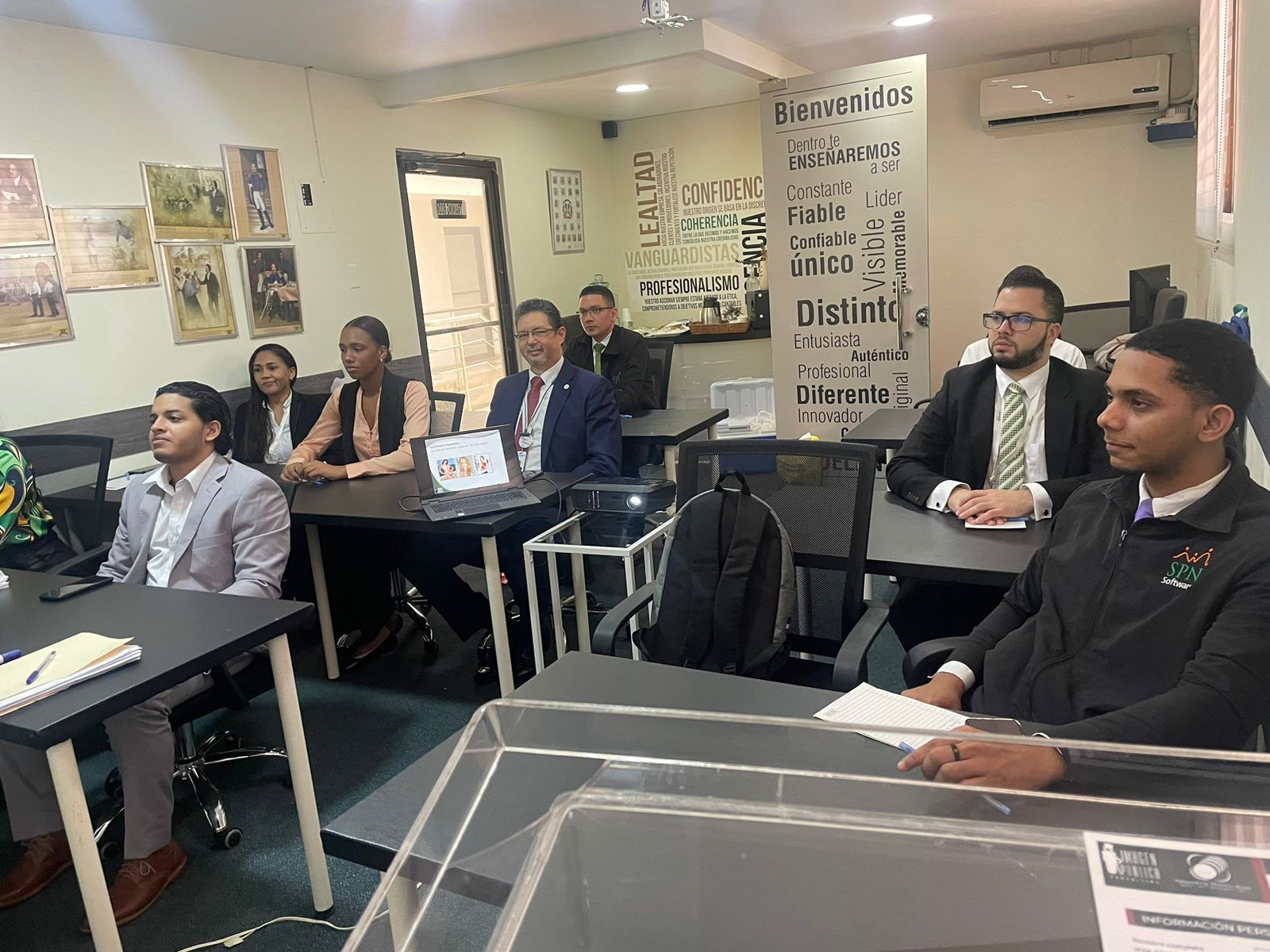
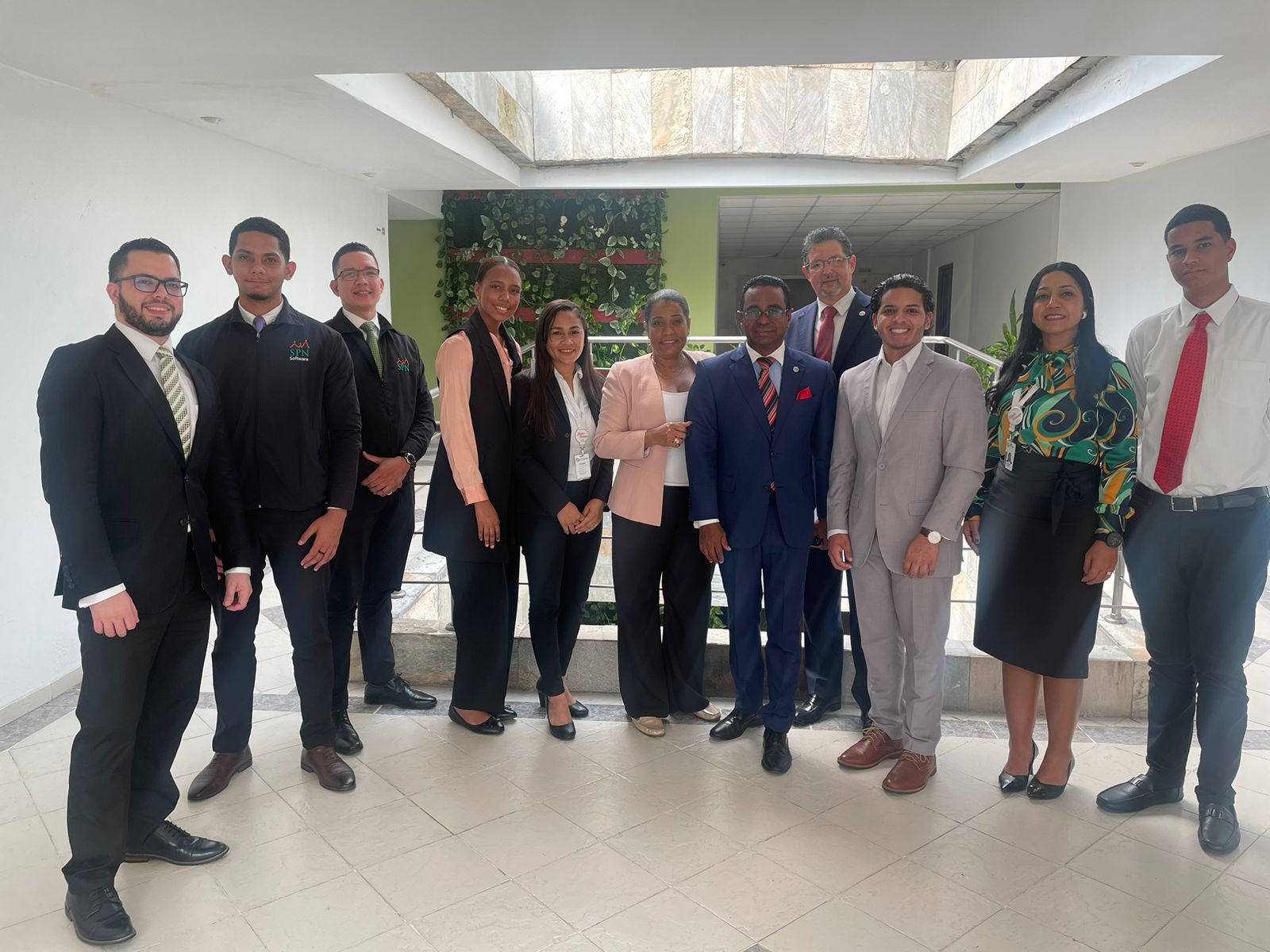
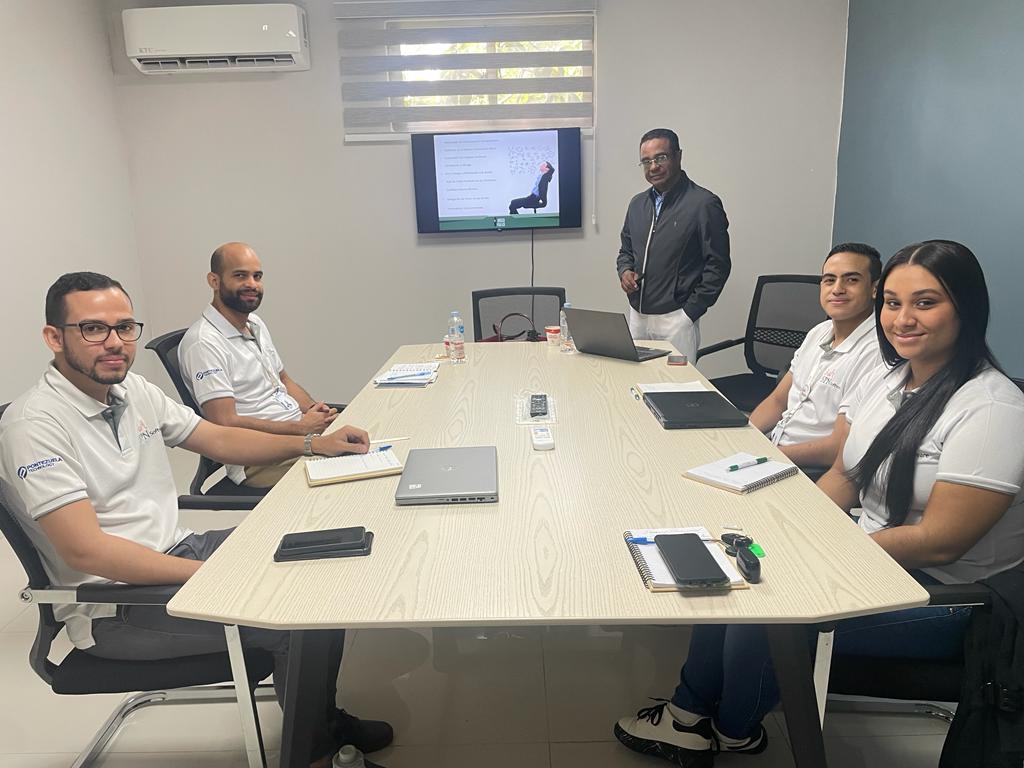
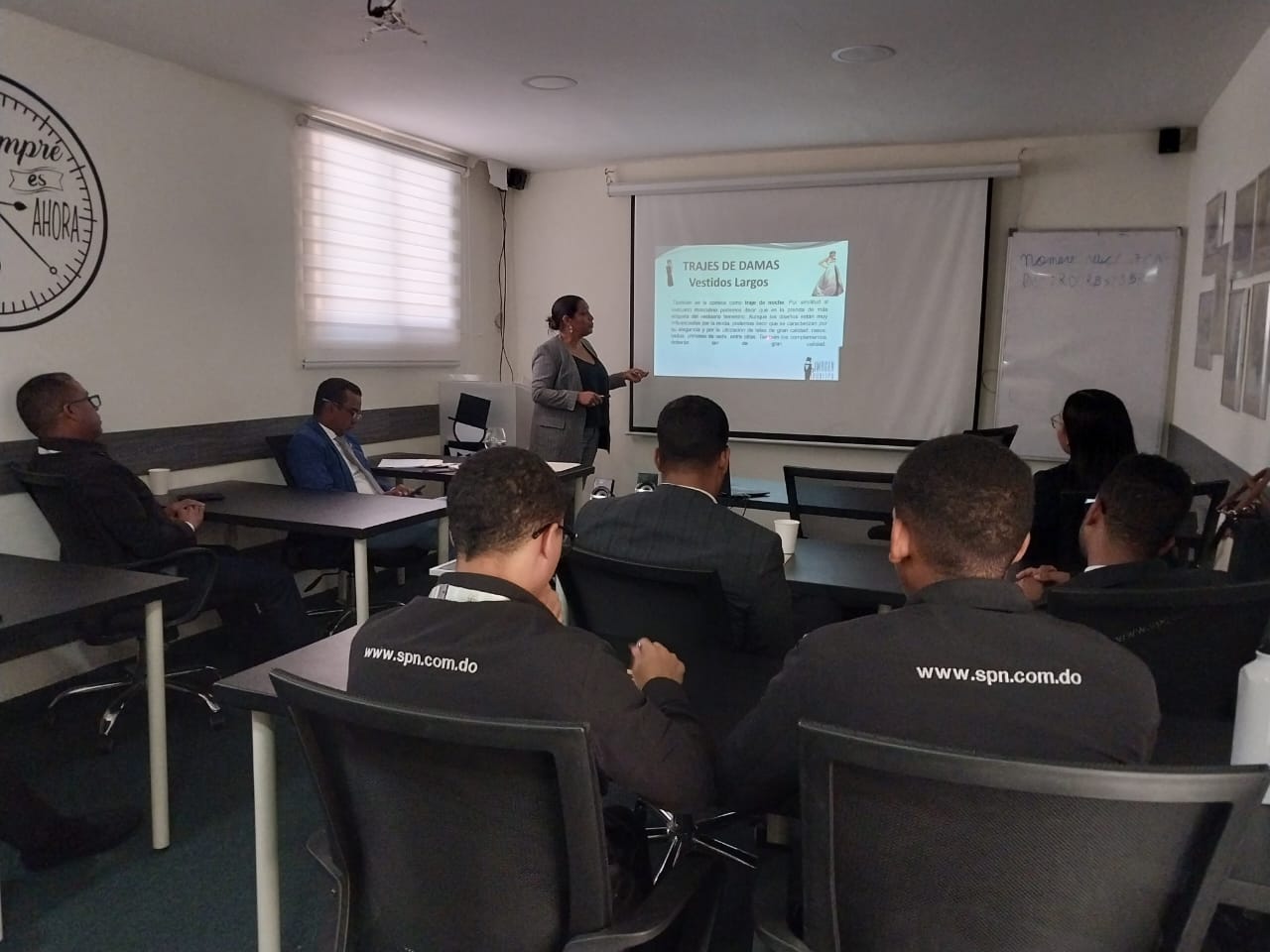
Keeping Your Platforms Up To Date
Inventory of patches, hotfixes, service packs and cumulative updates show up in short order, addressing bugs and other shortcomings in the initial build. Staying current with updates is important for a number of reasons, including stability, security, compliance and having the supported version of your chosen platform.
|
Recent Posts
- 925 / 5.000 Presentation by Eng. Ariel González Batista MS – IEEE 2025 World Symposium on Machine Learning and Computing (MLMC 2025)
- Analytical Models & Business Intelligence BI/SPN Software – Santiago
- SPN Software, Official Sponsor of the Regional Forum “Employment Intelligence” – November 20, 2025, Santo Domingo, Dominican Republic.
- October is Breast Cancer Awareness Month.
- Mercado Technology 2025 Magazine.
Archives
- December 2025
- October 2025
- June 2025
- May 2025
- April 2025
- March 2025
- January 2025
- December 2024
- November 2024
- October 2024
- September 2024
- August 2024
- July 2024
- June 2024
- May 2024
- April 2024
- March 2024
- January 2024
- November 2023
- October 2023
- September 2023
- August 2023
- June 2023
- May 2023
- April 2023
- March 2023
- February 2023
- November 2022
- October 2022
- September 2022
- August 2022
- July 2022
- June 2022
- May 2022
- April 2022
- March 2022
- January 2022
- December 2021
- November 2021
- September 2021
- June 2021
- May 2021
- April 2021
- March 2021
- February 2021
- January 2021
- December 2020
- November 2020
- October 2020
- September 2020
- August 2020
- July 2020
- June 2020
- May 2020
- April 2020
- March 2020
- February 2020
- January 2020
- December 2019
- September 2019
- August 2019
- July 2019
- June 2019
- May 2019
- March 2019
- February 2019
- January 2019
- December 2018
- November 2018
- October 2018
- September 2018
- August 2018
- July 2018
- June 2018
- May 2018
- April 2018
- March 2018
- February 2018
- December 2017




